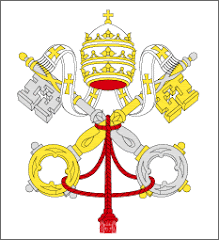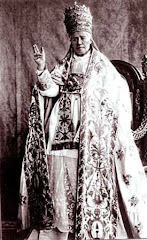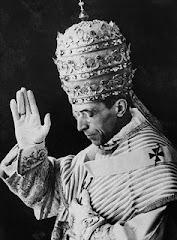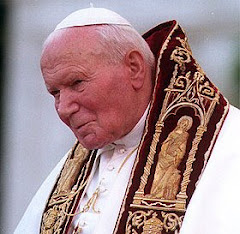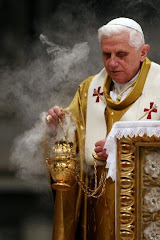Given that we live in a McDonald’s culture, fasting may seem at odds with the quick and indulgent gratification complex that characterizes the moral landscape of our society. This is exactly why fasting is probably more relevant now than at any other moment in time. The privilege of being Catholic has provided us with a season set aside for specifically this purpose. I write about this now, even though we are not in the season of Lent, in order to bring attention to an oft ignored aspect of our faith that can and should be practiced at times even outside of Lent. If we are going to overcome the self-indulgent McWorld in which we live, we must be imitators of Christ our Light even in His example of fasting.
While fasting and abstaining during Lent and other personally chosen times of the year are a given for most Catholics, these same Catholics have little to no idea as to why we fast, which nearly defeats the purpose. For many, it is simply a cultural practice devoid of any spiritual motivation.
Olivier Clement writes in The Roots of Christian Mysticism of the nature and purpose of fasting and other forms of ascesis:
"[Its purpose] is to transform the vital energy that has gone astray and been ‘blocked’ in idolatrous ‘passions’. Praxis gives birth to the virtues, which love will then synthesize."
To move from the blessings of this life, which are fundamentally good, to a radical demand to go beyond them, we must first have become aware of a higher perfection, and have received a pledge of God’s ‘sweetness’ (even if later he has to withdraw it and ask us to go through the desert places).
Diadochus, a fifth century bishop of Photike, writes in much the same language:
"But voluntarily to abstain from what is agreeable and abundant is a sign of great discernment and higher knowledge. We do not readily despise the delights of this life if we do not taste with complete satisfaction the sweetness of God.”
The motivation for fasting must be a recognition of the higher things of God, those things that sustain our humanity in ways that mere food does not. The hunger felt during fasting is a physical expression of the desire to be filled with God’s Word, for to be filled with the blessings of the material world is to leave no room for the greater blessings of the spiritual. Christ assures us that our human nature demands much more than the nature of animals when He teaches, “Man does not live on bread alone, but on every Word that comes forth from the mouth of God.” This line of thought is in harmony with Pope John Paul II’s Theology of the Body in which we learn that the body serves to express the soul. If in our souls we desire detachment from the things of the world in order to attach ourselves to God, then we must express this through the body. Fasting serves as such an expression. On the other hand, to fast without true spiritual motivation is to express a spiritual desire that does not exist. It serves as a lie, and is, therefore, an unacceptable sacrifice.
12 years ago


